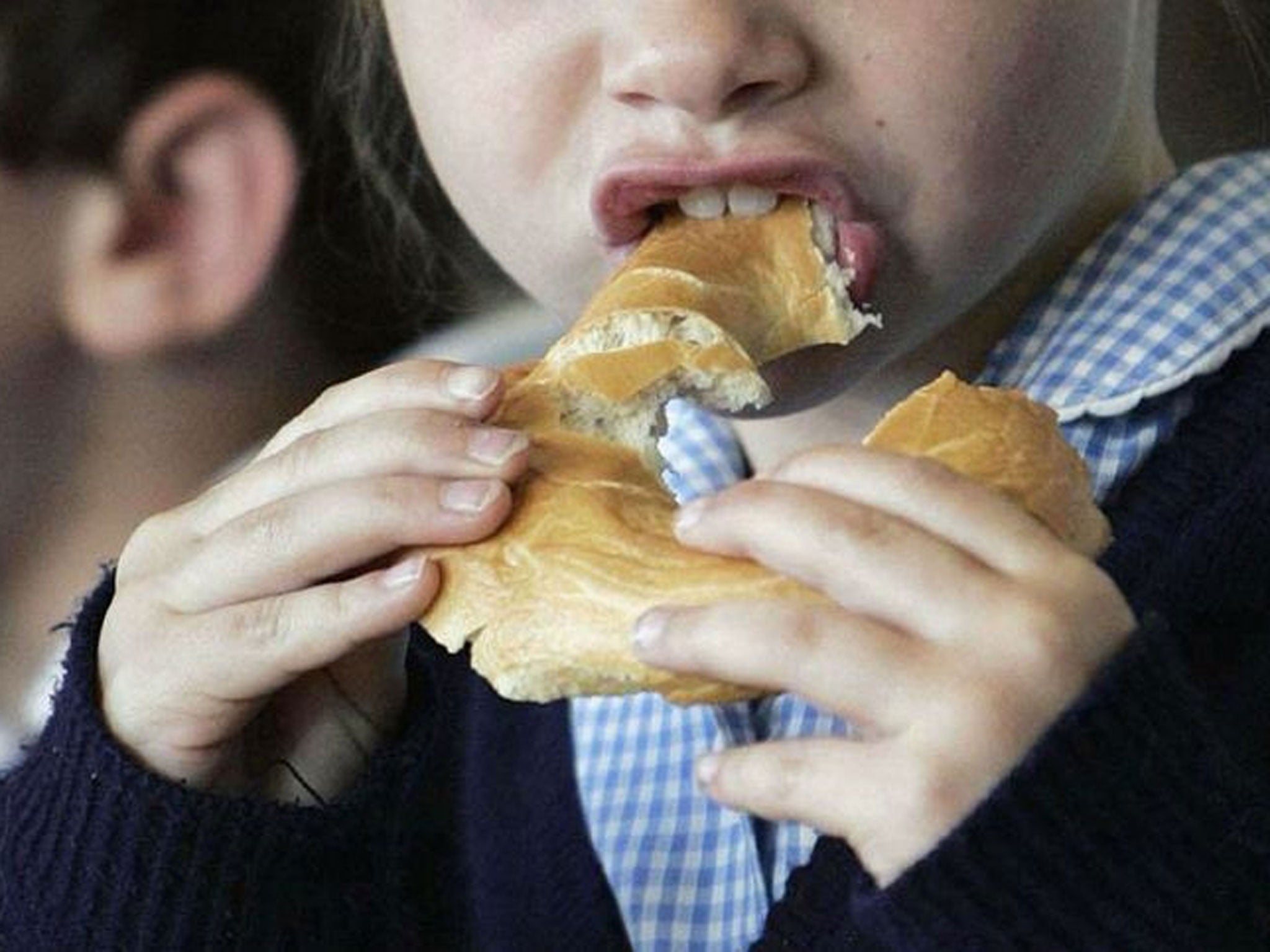Children who rarely eat breakfast secure lower GCSE grades than classmates, study finds
‘Britain has growing problem of food poverty,’ academics warn

Your support helps us to tell the story
From reproductive rights to climate change to Big Tech, The Independent is on the ground when the story is developing. Whether it's investigating the financials of Elon Musk's pro-Trump PAC or producing our latest documentary, 'The A Word', which shines a light on the American women fighting for reproductive rights, we know how important it is to parse out the facts from the messaging.
At such a critical moment in US history, we need reporters on the ground. Your donation allows us to keep sending journalists to speak to both sides of the story.
The Independent is trusted by Americans across the entire political spectrum. And unlike many other quality news outlets, we choose not to lock Americans out of our reporting and analysis with paywalls. We believe quality journalism should be available to everyone, paid for by those who can afford it.
Your support makes all the difference.Children who rarely eat breakfast on school days are more likely to achieve worse GCSE grades than those who eat breakfast frequently, a study finds.
Researchers have found that secondary school pupils who eat breakfast regularly score nearly two GCSE grades above their peers who often miss the meal.
The findings, from the University of Leeds, come as heads have warned of a growing number of children arriving at school hungry.
The academics, who surveyed hundreds of pupils in schools and colleges in Yorkshire, are calling for free school breakfasts to be given out in every state school in England.
Currently charities Magic Breakfast and Family Action deliver a breakfast programme, funded by the government, for more than 1,800 schools in socio-economically deprived areas.
But the vast majority of state schools in England do not have free breakfast provision for pupils not getting breakfast at home – and funding cuts have meant some breakfast clubs have been axed.
Dr Katie Adolphus, lead researcher from the University of Leeds’ School of Psychology, said: “Our study suggests that secondary school students are at a disadvantage if they are not getting a morning meal to fuel their brains for the start of the school day.
“The UK has a growing problem of food poverty, with an estimated half a million children arriving at school each day too hungry to learn.
“Previously we have shown that eating breakfast has a positive impact on children’s cognition. This research suggests that poor nutrition is associated with worse results at school.”
Geoff Barton, general secretary of the Association of School and College Leaders, said: “The findings of this research support the evidence that teachers all too often see with their own eyes – children are in no condition to learn if they arrive at school hungry.
“Many schools do their best to address this issue by offering free breakfasts but, as this research finds, the financial support which is available to schools for this provision is patchy, and it should be expanded.”
He added: “We also need to do more as a society to tackle the root causes of pupil poverty by providing more support to vulnerable families.”
Paul Whiteman, general secretary of school leaders’ union NAHT, said: “School leaders see so many children arrive at school hungry and unable to learn – a nutritious meal is vital for their wellbeing and education. We’d like to see extended entitlement to free school meals and breakfast clubs.
“Additionally, not all children who are eligible for free school meals actually claim them – currently one in 10 eligible children miss out.
“Auto-registration for free school meals would mean that more children get the support they are entitled to, as well as boosting pupil premium funding to support their education.”
Join our commenting forum
Join thought-provoking conversations, follow other Independent readers and see their replies
Comments